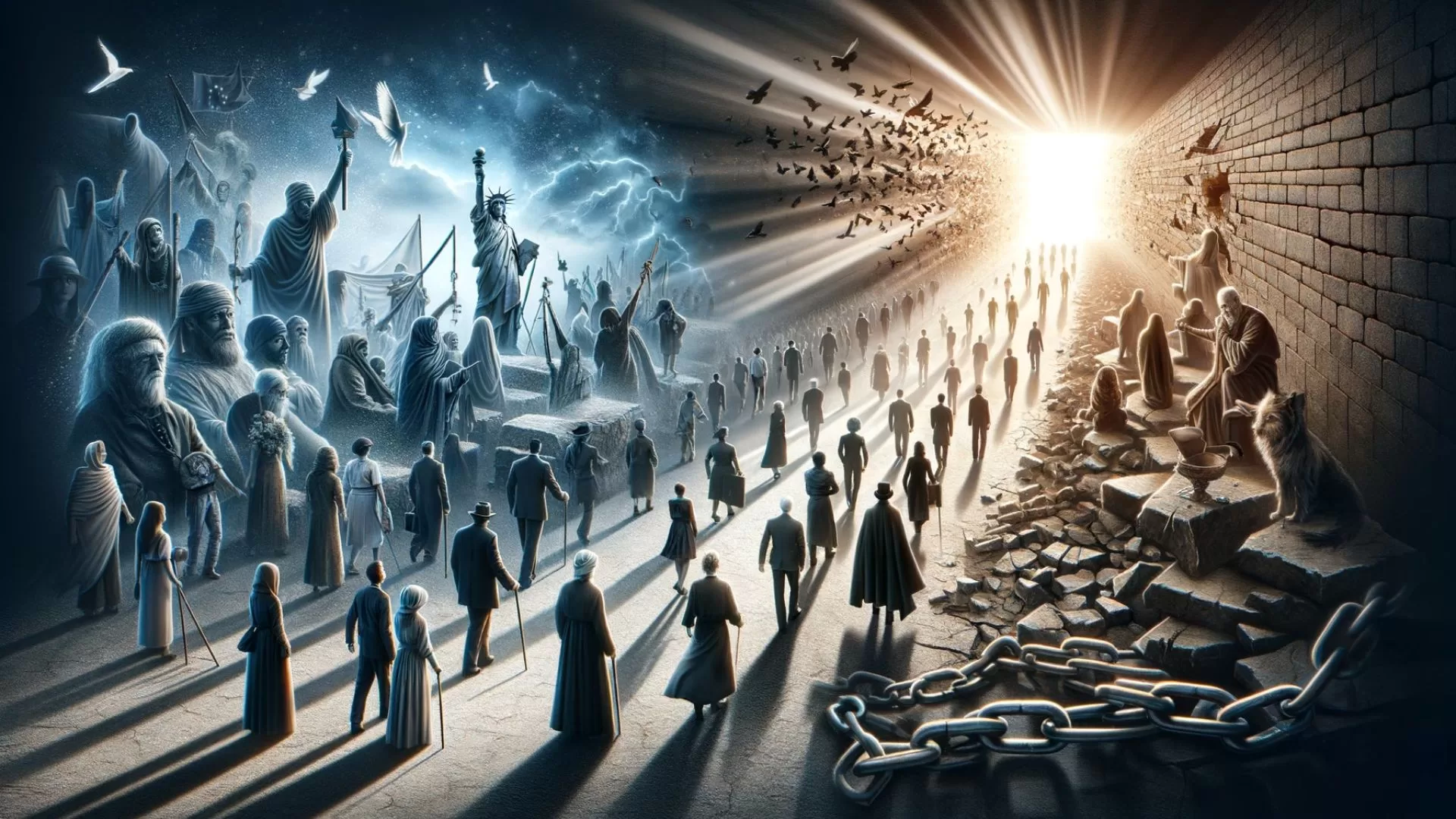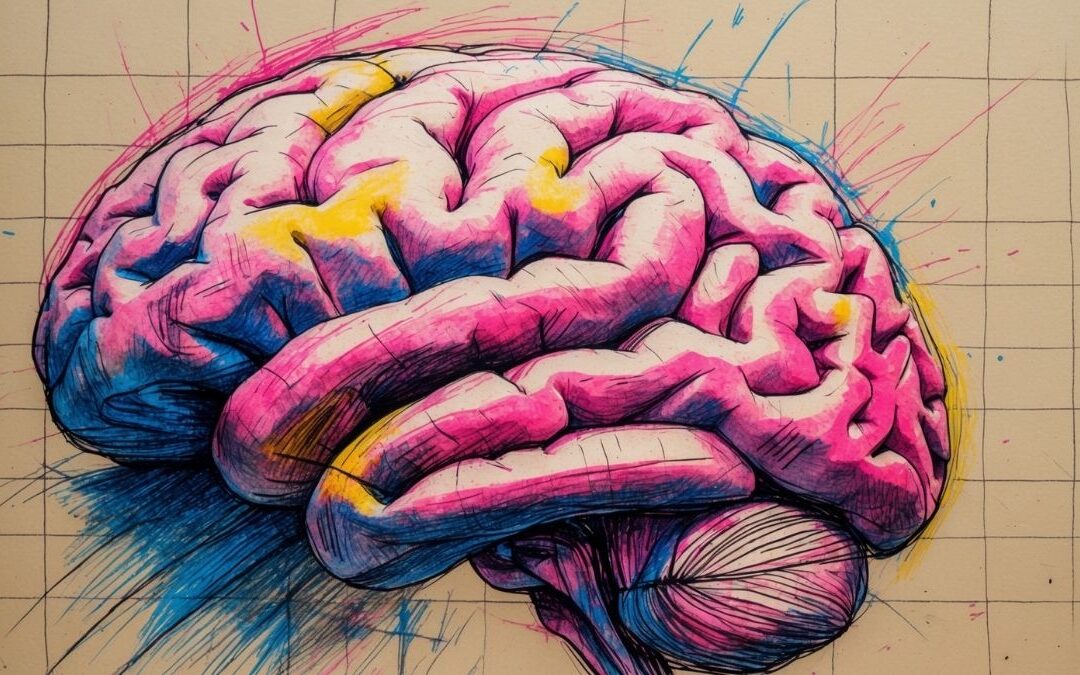- 1. Magna Carta (1215)
- 2. The Bill of Rights (1689)
- 3. American Declaration of Independence (1776)
- 4. The French Declaration of the Rights of Man and of the Citizen (1789)
- 5. The Abolition of Slavery (19th Century)
- 6. The Universal Declaration of Human Rights (1948)
- 7. The Civil Rights Act (1964)
- 8. The Anti-Apartheid Movement (20th Century)
- 9. The Establishment of the International Criminal Court (2002)
- 10. Same-Sex Marriage Legalization (21st Century)
- The Journey Continues
- Why Should You Care?
- Key Takeaways
- Keywords
- Frequently Asked Questions
- Myth Buster
- Let’s Talk
Human rights are the basic rights and freedoms that belong to every person in the world, from birth until death. They apply regardless of where you are from, what you believe, or how you choose to live your life. They can never be taken away, although they can sometimes be restricted – for example, if a person breaks the law, or in the interests of national security. These fundamental rights are based on shared values like dignity, fairness, equality, respect, and independence. But rights and values are nothing if they are not recognized, protected, and implemented. Throughout history, there have been pivotal moments that have advanced the cause of human rights globally. Here are ten milestones that stand out:
1. Magna Carta (1215)
The Magna Carta, signed in 1215, is often considered one of the first steps toward a law-based society. It established the principle that everyone, including the king, was subject to the law.
2. The Bill of Rights (1689)
The English Bill of Rights of 1689 laid down limits on the powers of the monarch, set out the rights of Parliament, and guaranteed certain freedoms to citizens.
3. American Declaration of Independence (1776)
The declaration proclaimed the right to life, liberty, and the pursuit of happiness as foundational rights that underpin government’s very existence.
4. The French Declaration of the Rights of Man and of the Citizen (1789)
A fundamental document of the French Revolution, it defined individual and collective rights at a time of radical change.
5. The Abolition of Slavery (19th Century)
The 19th century saw the abolition of slavery, beginning with the Haitian Revolution in 1791 and culminating with the Emancipation Proclamation in the United States in 1863.
6. The Universal Declaration of Human Rights (1948)
In the aftermath of World War II, the Universal Declaration of Human Rights was adopted by the United Nations, marking the first global expression of rights to which all human beings are inherently entitled.
7. The Civil Rights Act (1964)
The Civil Rights Act of 1964 was a landmark piece of civil rights legislation in the United States that outlawed discrimination based on race, color, religion, sex, or national origin.
8. The Anti-Apartheid Movement (20th Century)
This global movement was instrumental in ending the system of racial segregation and discrimination in South Africa known as apartheid.
9. The Establishment of the International Criminal Court (2002)
The ICC was established to prosecute individuals for international crimes of genocide, war crimes, and crimes against humanity.
10. Same-Sex Marriage Legalization (21st Century)
The 21st century has seen a growing recognition of LGBTQ rights, with many countries legalizing same-sex marriage.
The Journey Continues
These milestones in human rights history show us that change is possible. They serve as reminders of the progress that can be achieved when individuals stand together for the dignity and equality of all people. While it’s crucial to understand and celebrate these milestones, it’s equally important to recognize that the journey is far from over. Today, you can contribute to this narrative of progress by staying informed, advocating for justice in your communities, and holding governments accountable. The baton has been passed through generations, and now it’s in your hands. Embrace it with the commitment to push forward, ensuring that the future is brighter for everyone, everywhere. The story of human rights continues with each one of us.
Why Should You Care?
Learning about the milestones in human rights history is crucial because it helps us appreciate the freedoms and rights we often take for granted. Understanding this history instills a sense of responsibility to uphold and defend these rights, not just for oneself but for all individuals, as a cornerstone for a fair and just society.
Key Takeaways
- The evolution of human rights has been a long and ongoing struggle.
- Early documents like the Magna Carta set the groundwork for the rule of law and basic human freedoms.
- The abolition of slavery was a significant victory for human rights.
- The Universal Declaration of Human Rights established a global benchmark for human dignity and freedom.
- The Civil Rights Act and the Anti-Apartheid Movement highlight the importance of civil rights and the fight against racial discrimination.
- The establishment of the International Criminal Court was a milestone in international justice.
- Recent advances in LGBTQ rights, such as the legalization of same-sex marriage, show that the journey for equality continues.
Keywords
- Magna Carta: A charter of rights agreed to by King John of England in 1215, it is considered one of the first documents to suggest that everyone, including the sovereign, is subject to the law.
- Bill of Rights: An act of the Parliament of England that deals with constitutional matters and sets out certain basic civil rights.
- Declaration of Independence: A document declaring the US to be independent of the British Crown, establishing the right to life, liberty, and the pursuit of happiness.
- Universal Declaration of Human Rights: A historic document that declared for the first time fundamental human rights to be universally protected, adopted by the United Nations in 1948.
- Civil Rights Act: U.S. legislation that outlaws discrimination and segregation based on race, color, religion, sex, or national origin.
- Anti-Apartheid: The movement against the apartheid system of racial discrimination and segregation in South Africa.
- International Criminal Court: An intergovernmental organization and international tribunal that has the jurisdiction to prosecute individuals for international crimes.
- Emancipation Proclamation: An executive order by U.S. President Abraham Lincoln changing the legal status of 3 million slaves in designated areas of the Confederacy from “slave” to “free.
- Genocide: The intentional action to destroy a people, usually defined as an ethnic, national, racial, or religious group, in whole or in part.
- LGBTQ Rights: Rights promoted to ensure the equality and protection of all people regardless of their sexual orientation or gender identity.
Frequently Asked Questions
How do human rights differ from civil rights?
Human rights are inherent to all human beings regardless of nationality, place of residence, sex, national or ethnic origin, color, religion, language, or any other status. Civil rights are the rights of citizens to political and social freedom and equality.
Are human rights universally accepted?
While the concept of human rights is widely accepted, the interpretation and implementation can vary greatly between different nations and cultures.
Myth Buster
Myth: Human rights are a Western concept.
Reality: Human rights are universal and based on the inherent dignity of all human beings, not just those from Western cultures.
Myth: The fight for human rights is over.
Reality: While there have been many victories, the struggle for human rights continues as new challenges and violations emerge worldwide.
Let’s Talk
- Which human rights milestone do you think has had the most significant impact on the world?
- How can we apply the lessons from past human rights struggles to today’s global challenges?
- What do you believe is the next frontier for human rights advocacy?
Share your opinions in the comment section. Your perspective is valuable as we reflect on our shared history and work towards a future where everyone’s rights are recognized and respected.










0 Comments